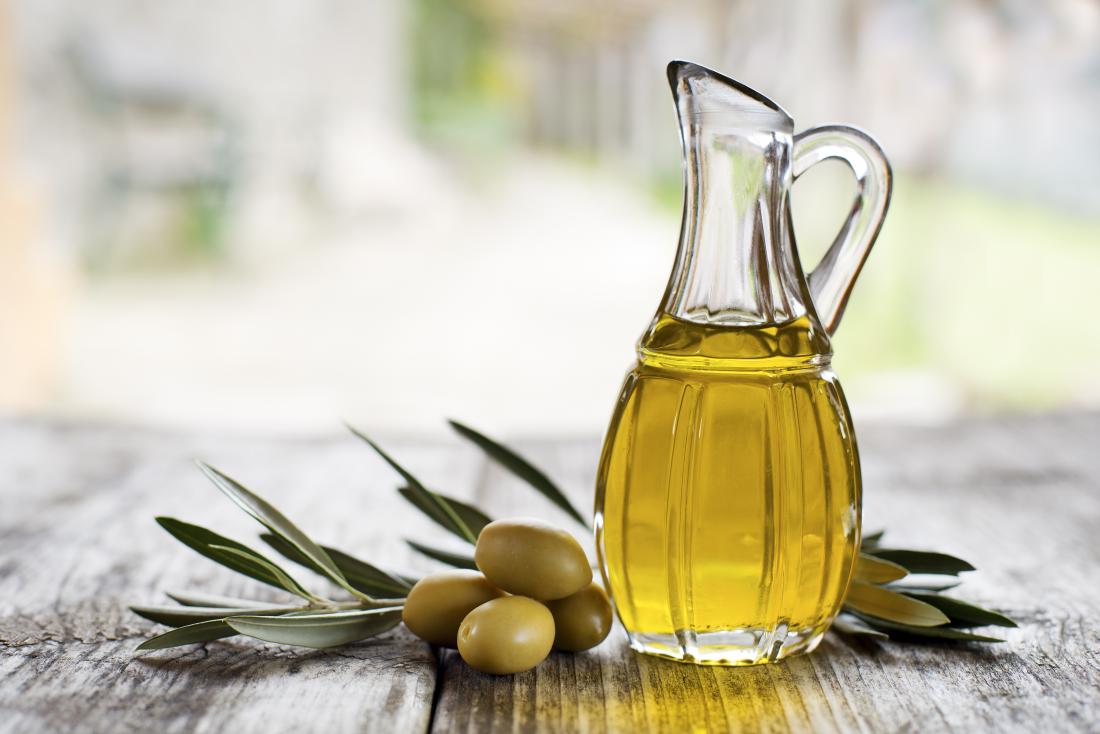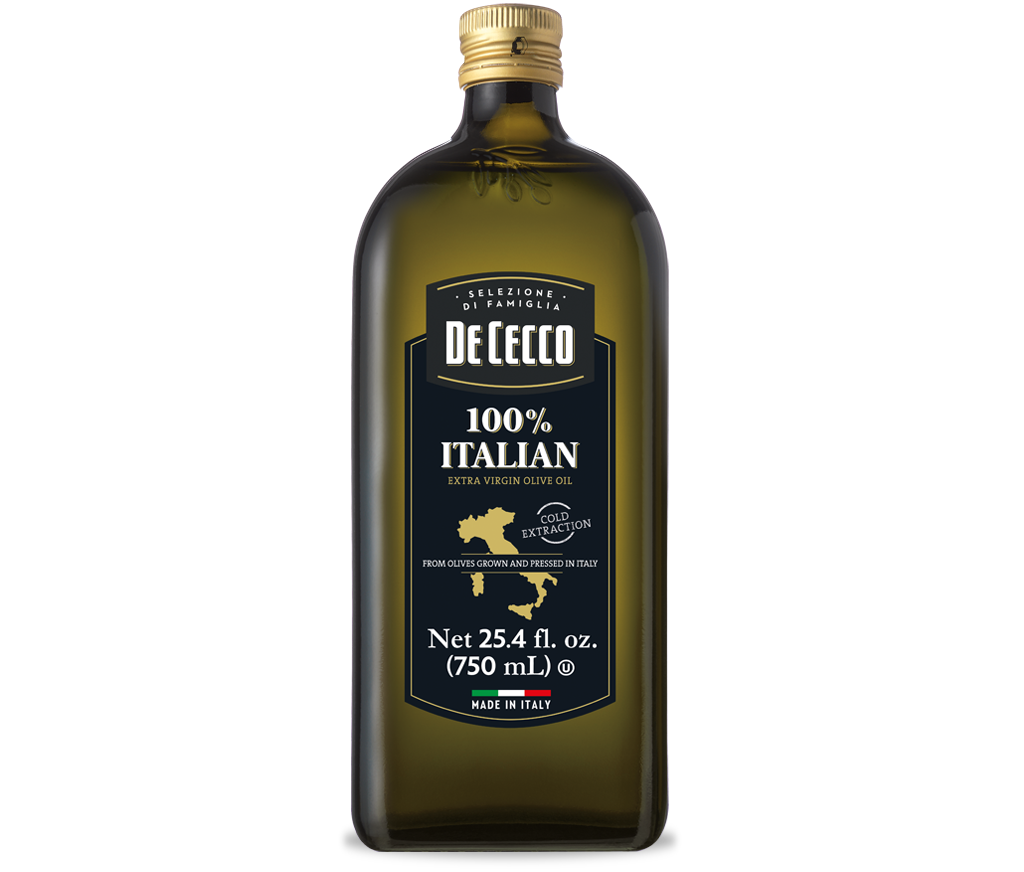The Necessary Guide to Comprehending Additional Virgin Olive Oil and Its Culinary Perks
Bonus virgin olive oil stands as a foundation of cooking excellence, identified not just by its premium quality however also by its myriad wellness benefits. This oil, extracted from the first pressing of olives, provides reduced acidity and a complex flavor account that improves a varied variety of dishes. Recognizing the subtleties of its manufacturing and health buildings is vital for both culinary enthusiasts and health-conscious consumers alike. Several stay unaware of just how to properly integrate this ingredient right into their daily food preparation methods, prompting a more detailed evaluation of its real capacity.
What Is Additional Virgin Olive Oil?
Bonus virgin olive oil (EVOO) is a premium oil originated from the very first pushing of olives, characterized by its reduced acidity and abundant taste profile. This oil is thought about the finest quality of olive oil, conference strict requirements for top quality and taste. To certify as added virgin, the oil should be extracted through mechanical ways without the usage of heat or chemicals, protecting the all-natural characteristics of the olives.
EVOO is commemorated for its intricate aroma, ranging from fruity to peppery, and its distinct taste that can vary based on the olive range and area of manufacturing. The health benefits of additional virgin olive oil are well-documented; it is abundant in monounsaturated fats, anti-oxidants, and anti-inflammatory substances, adding positively to heart health and overall health.
In culinary applications, EVOO is flexible, appropriate for drizzling over salads, improving the taste of prepared dishes, and functioning as a base for sauces. Its unique flavor account not just boosts recipes but likewise plays a critical role in Mediterranean cuisine, where it is a staple ingredient. Understanding EVOO's high qualities can enhance culinary experiences and promote healthier eating habits.
How Extra Virgin Olive Oil Is Made

At the mill, the olives undergo a rigorous cleansing procedure to eliminate any kind of dirt or leaves. They are then crushed right into a paste utilizing typical rock mills or modern steel grinders. This action is crucial for launching the oil from the cells of the fruit. Following this, the paste is subjected to malaxation, where it is gently blended to facilitate the splitting up of oil from water and solids.
The following phase includes centrifugation, which makes use of quick spinning to separate the oil from the staying pulp and water. The resulting oil is after that filteringed system to boost clarity and stability. Extra virgin olive oil is stored in dark glass or stainless steel containers to protect it from light and oxidation, ensuring its phenomenal taste and top quality are why not find out more protected till it gets to customers.
Health And Wellness Advantages of Additional Virgin Olive Oil
What makes additional virgin olive oil a staple in healthy diets around the world? Its rich composition of monounsaturated fats, primarily oleic acid, adds considerably to cardiovascular health. Studies have actually revealed that these healthy fats can decrease inflammation, reduced poor cholesterol levels (LDL), and increase excellent cholesterol (HDL), hence advertising heart health and wellness.
Furthermore, extra virgin olive oil is a powerful source of antioxidants, including polyphenols and vitamin E (extra virgin olive oil benefits). These compounds assist battle oxidative tension and reduce the threat of persistent diseases such as cancer cells and diabetes mellitus. The anti-inflammatory residential properties of additional virgin olive oil further boost its health and wellness benefits, making it a beneficial addition to an anti-inflammatory diet
Study has additionally suggested that regular usage of extra virgin olive oil might support cognitive feature and lower the danger of neurodegenerative diseases, such as Alzheimer's. Furthermore, its potential function in weight management, when utilized in small amounts, highlights its versatility as a healthy fat resource.
Culinary Utilizes and Applications
A keystone of Mediterranean cuisine, added virgin olive oil serves a plethora of culinary applications that boost taste and elevate meals. Its rich, nuanced taste account makes it a perfect selection for showering over salads, smoked vegetables, or roasted meats, conveying deepness and richness.

In addition, it works as an important ingredient in dressings, giving a base for vinaigrettes and luscious sauces, while improving the overall taste experience. Extra virgin olive oil can additionally be utilized as a finishing oil, added prior to offering to highlight the dish's aroma and taste profile.

Tips for Deciding On High Quality Olive Oil
Choosing high quality olive oil can substantially improve both flavor and health and wellness benefits in your culinary undertakings. To guarantee you select the finest product, consider the complying with pointers.
First, search for the designation "extra virgin" on the label. This classification indicates that the oil is made from the first cool pushing of olives, keeping the greatest level of taste and nutrients. In addition, check for a harvest date; fresher oils are generally much better in both preference and health homes.
Next, take into consideration the source. Oils from regions Source recognized for top notch production, such as Italy, Spain, and Greece, usually produce exceptional items. Try to find single-origin oils, as they typically provide an even more authentic taste profile compared to blends.
Examine the product packaging, as well. Quality olive oil needs to be kept in dark glass moved here bottles or tins to secure it from light and oxidation. extra virgin olive oil benefits. Avoid clear plastic containers, as they expose the oil to light, which can weaken its quality
Verdict
In final thought, added virgin olive oil stands as a costs oil, celebrated for its extraordinary taste and countless health benefits. Picking high-quality extra virgin olive oil is important for enhancing both taste and wellness residential or commercial properties, strengthening its condition as a staple in healthy cooking and dietary practices.
Bonus virgin olive oil (EVOO) is a high-quality oil derived from the very first pressing of olives, defined by its low acidity and rich flavor profile.The production of extra virgin olive oil begins with the careful harvesting of olives, which are generally handpicked to protect against damages to the fruit. Extra virgin olive oil is stored in dark glass or stainless steel containers to protect it from light and oxidation, guaranteeing its remarkable taste and top quality are protected up until it gets to consumers.
In conclusion, extra virgin olive oil stands as a costs oil, commemorated for its phenomenal taste and many health and wellness benefits. extra virgin olive oil benefits. Selecting high-quality extra virgin olive oil is essential for enhancing both taste and health and wellness buildings, strengthening its condition as a staple in healthy food preparation and dietary practices